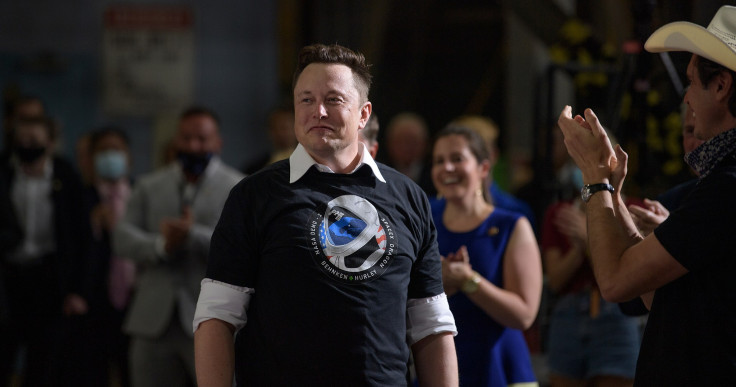Starlink Cleared for Liftoff in India — Elon Musk's Satellite Internet Dream Just Got Real
Starlink needs to comply with stringent security norms such as local data processing and interception capabilities

Elon Musk's ambitious vision for a global satellite internet service, Starlink, is no longer a distant dream in India as decks have been cleared to launch its operations in the country.
The telecom department has granted Starlink a licence to operate marking a significant step for Musk to begin its commercial satellite internet services in India.
Starlink Secures Key Licence
Starlink joins Eutelsat OneWeb and Jio Satellite Communications as the third company to receive a licence from the Department of Telecommunications (DoT) to offer satellite internet services within the country. Meanwhile, Amazon's Kuiper, a fourth applicant, is still awaiting approval.
DoT sources confirmed on Friday that Starlink has indeed secured the licence, noting the company will receive trial spectrum within 15-20 days of submitting its application. Before commencing services, Starlink must meet security requirements, including ensuring access for lawful interception.
🚨 Elon Musk's Starlink gets licence to launch in India. pic.twitter.com/IYzkqc53PO
— Indian Tech & Infra (@IndianTechGuide) June 6, 2025
The licence was granted mere hours after a public disagreement between Musk and US President Donald Trump. This falling-out between the world's wealthiest individual and the globe's most influential leader began when Musk, who had departed his role as head of the Department of Government Efficiency a week prior, criticised Trump's extensive tax cut and spending legislation.
The DoT licence was granted almost a month after the telecom department had issued a letter of intent (LoI) to Starlink. However, the companies that have secured this licence will still need to await commercial satcom spectrum, as the Telecom Regulatory Authority of India (TRAI) only recently submitted its recommendations on pricing, along with terms and conditions, to the government for its consideration.
A New Player In India's Satellite Internet Market
These players can commence their services once the radio wave frequencies are formally allocated. Usually, even before commercial spectrum is available, trial spectrum is necessary for rigorously testing and validating systems and processes against security parameters, demonstrating full compliance with all standards and mandates.
According to NDTV, the current status of Starlink's final approval from the Indian space regulator, In-SPACe, could not be immediately verified.
🚨 BREAKING: Starlink has received a licence to launch commercial operations in India. pic.twitter.com/ILVUQA4gmO
— DogeDesigner (@cb_doge) June 6, 2025
Starlink, the satellite internet service, was developed by SpaceX – the American aerospace manufacturer and space transportation company established in 2002 by Musk. It delivers high-speed, low-latency broadband internet across the globe using satellite technology, a capability some aptly describe as broadband beamed directly from the skies.
Regulatory Hurdles And Security Mandates
Starlink, having sought an India licence for some time, recently entered into agreements with Ambani's Reliance Jio and Mittal's Bharti Airtel. These entities collectively command over 70 percent of the nation's telecom market, aiming to introduce the US satellite internet giant's services to India.
Last month, the government implemented strict security regulations, requiring legal interception of satellite communication services and preventing companies from linking user connections to terminals or facilities outside the country's borders or processing user data overseas.
These stricter security guidelines also compel service providers to indigenise at least 20 percent of their satellite network's ground segment within years of operating in the country. Furthermore, Satcom service licence holders will need security clearances for specific gateway and hub locations within India and adhere to monitoring, interception facilities, and equipment requirements.
Government's Stance On Security And Data
Indian regulations require satcom firms to demonstrate their system's capabilities concerning security aspects, including monitoring, to the Department of Telecom (DoT) or its authorised representatives before beginning operations within India.
Last month, the telecom regulator TRAI recommended that satellite communication companies, such as Starlink, pay 4 percent of their adjusted gross revenue (AGR) as spectrum charges to the government—a rate higher than what these firms had been advocating. TRAI also proposed an additional annual charge of Rs 500 per subscriber for satellite-based broadband internet services in urban areas, with no extra levy for rural services.
© Copyright IBTimes 2025. All rights reserved.





















